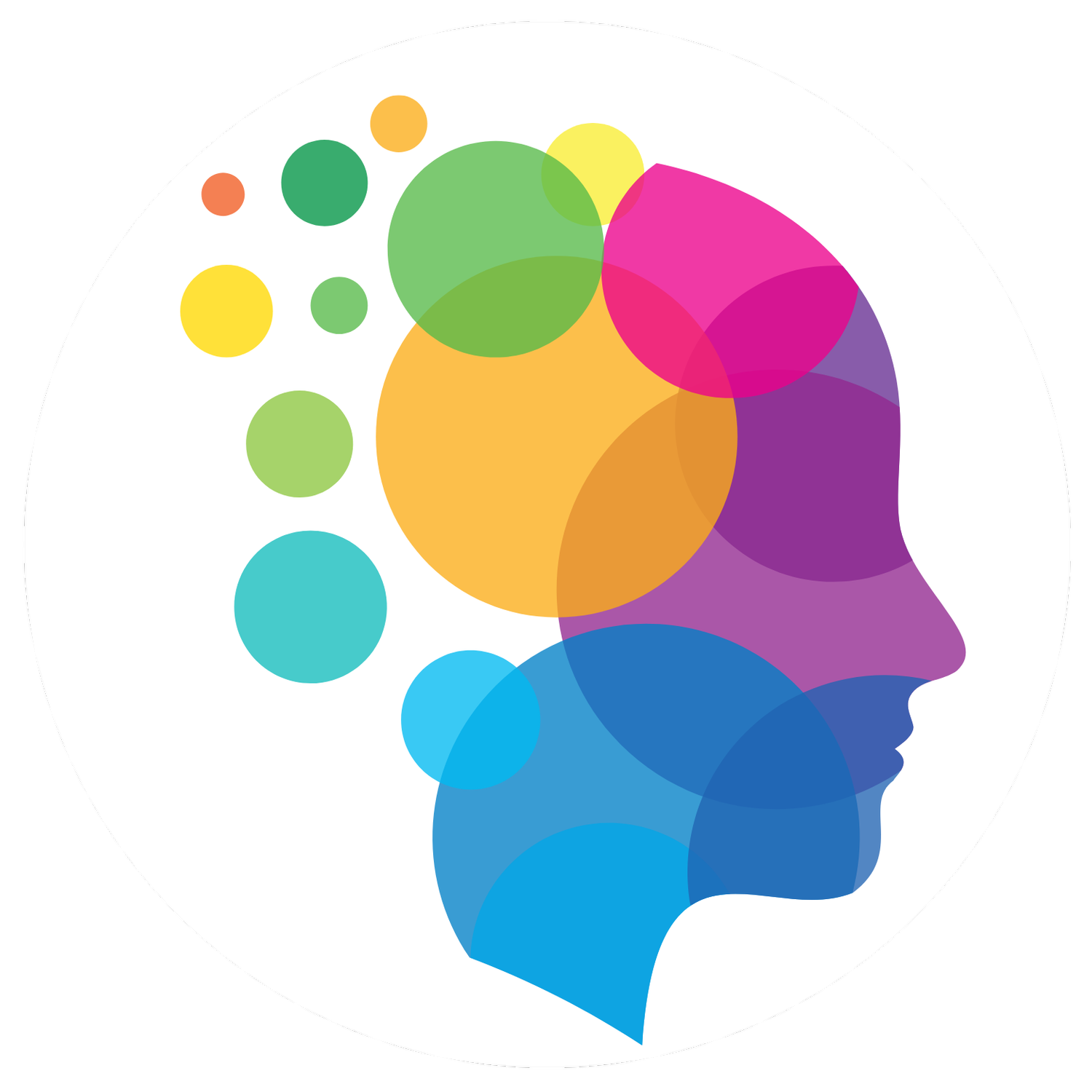How children learn to read is a widely studied area, and there is a lot of research identifying the key elements of high quality reading instruction.
With literacy being such an important predictor of quality of life, and with one million Australian children being at risk of reading failure, understanding the best way to teach reading, writing, spelling, and other skills is more important than ever.
The Centre for Independent Studies published a document in March 2016 that outlines the newest and best research behind literacy instruction. The full report can be found here.
THe simple view of reading
The ultimate goal of reading is comprehension - to be able to understand written texts. The Simple View of Reading has a strong research base, and recognises two abilities required for reading comprehension:
Decoding - Correctly identifying words
Language Comprehension - Understanding the meaning of those words
In order to acquire these abilities, we first need to develop five essential skills:
the Five keys to reading
Phonemic awareness - Identifying and manipulating the smallest distinct sounds (phonemes) in spoken words
Phonics - Using the relationships between sounds and letters to sound out (decode) written words
Fluency - Reading accurately and quickly. Fluent readers are able to focus on reading for meaning (comprehension)
Vocabulary - The words children need to know in order to comprehend and communicate. Oral vocabulary refers to the words children recognise or use in listening and speaking. Reading vocabulary refers to the words children recognise or use in reading and writing
Comprehension - Extracting and constructing meaning from written text using knowledge of words, concepts, facts, and ideas
Additionally, there are two other skills that are arguably just as important to literacy success:
Morphological awareness - Knowing the meaning of words in their smallest form and how they change when making compound words or using suffixes and prefixes
Oral language - the foundation for literacy skills, encompassing receptive and expressive language
A phonics approach
Research strongly supports a phonics-based approach to reading instruction. This involves explicitly targeting the above skills in a systematic and synthetic way. This means teaching letter-sound correspondences in a clear sequence, and giving priority to two key skills:
Blending - putting sounds together to form words (e.g. 'c-a-t' spells 'cat')
Segmenting - breaking words into individual sounds (e.g. 'fence' has the four sounds: 'f', 'e', 'n' and 's')
Activities to support literacy
The Five From Five website has some great activity ideas for helping your child build their literacy skills. Here are some to try!
Read with your child as often as you can
Expose your child to a wide range of both fiction and non-fiction texts to help build vocabulary
Include books with rhyme to build phonemic awareness (Dr Seuss is great for this!)
Talk about the book, such as what's happening on certain pages or what you think might happen next
Help your child explore what they see in the book and relate it to real-life experiences, for instance, "Do you remember when we went to the zoo? Did we see any of these animals there?"
Let your child become the storyteller, especially for books they know and love
Find literacy everywhere everyday - show your child how we can use reading and writing to make shopping lists, follow a recipe, etc.
Keep it fun! Follow your child's lead on what books they're most interested in, and make shared reading a time for interaction
When supporting our children's literacy development, early phonics instruction plays an important part in ensuring that they have a stronger opportunity to experience literacy success.
more information
SPELD SA - Building Phonemic Awareness
References
Hempenstall, K. (2016). Read About It: Scientific Evidence for Effective Teaching of Reading. (CIS Research Report; 11). Retrieved from The Centre for Independent Studies website: https://www.cis.org.au/publications/research-reports/read-about-it-scientific-evidence-for-effective-teaching-of-reading/


